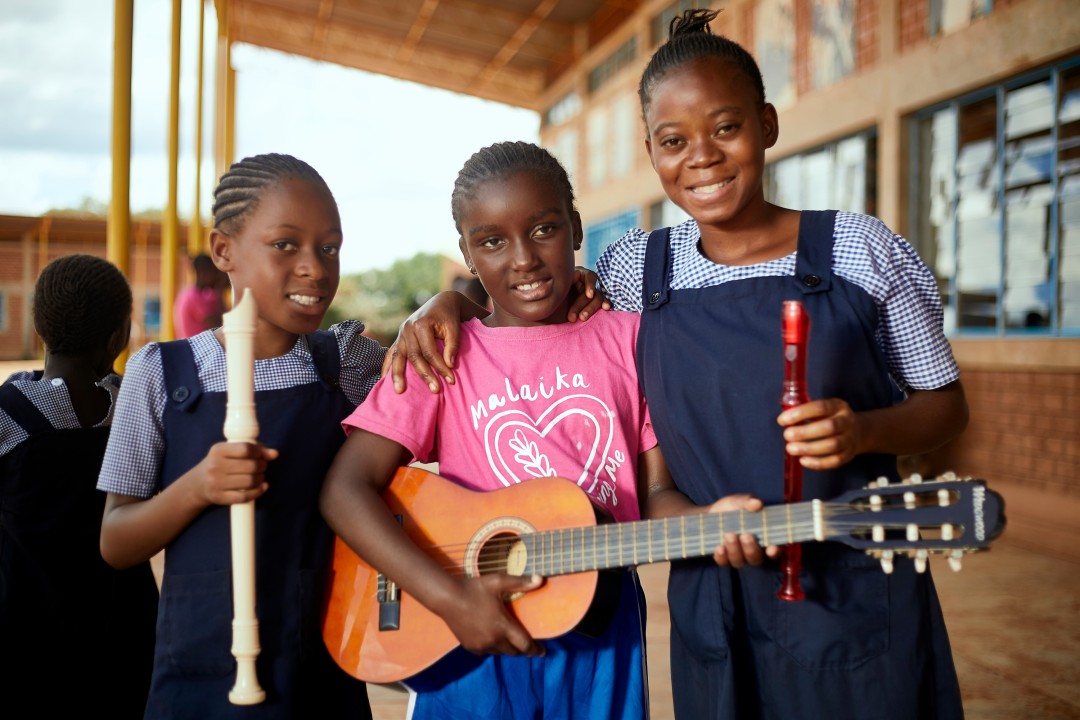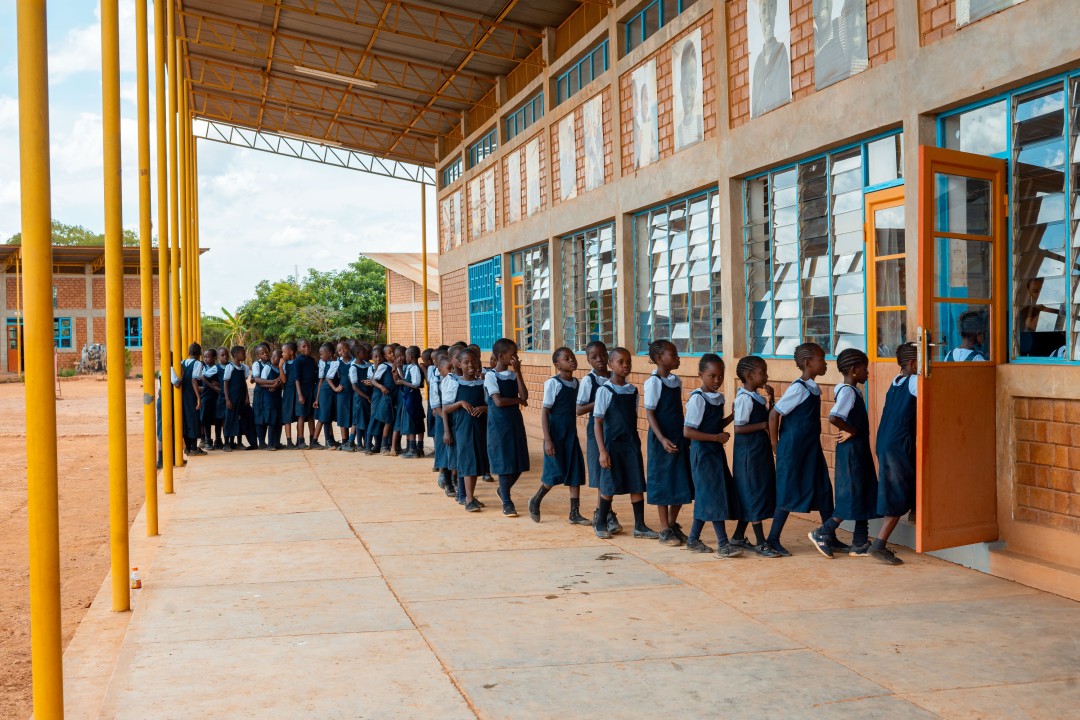Investing in entrepreneurial skills for young women
This project is part of a broader initiative that aims to ensure women's economic empowerment in the communities that Malaika serves. The intiative, which takes place at Malaika’s school, focuses on three key pillars: entrepreneurship and leadership skills, employment readiness, and role modeling and mentoring. The project the Foundation is providing funding for, is part of the entrepreneurship and leadership skills pillar. It aims to support the training and preparation of teachers for the entrepreneurship initiative and the annual entrepreneurship festival. More specifically, teachers will be prepared and trained in entrepreneurial knowledge and skills and in the teaching of the newly developed entrepreneurship development curriculum. A four-day entrepreneurship festival will take place at the end of each academic year in order for the students to consolidate all the learning covered throughout the year and put their knowledge into practice. Students having gone through the entrepreneurship training and festival will be invited to draw up a business plan, present it to a jury of their teachers and local entrepreneurs, and receive seed funding as a prize should their project receive the jury’s vote.
Founded in 2007, Malaika is African-led grassroots non-profit. Its mission is to empower girls to reach their full potential through education and local community transformation.
News
Type
EducationDuration
August 2024 – July 2027Location
Kalebuka / Democratic Republic of CongoWith whom
Malaika
Website






Democratic Republic of Congo
Population
84 million (2018)
Per Capita Income
USD 490/year (2017)
Poverty rate *
64% (2011)
Literacy rate
85% (2016)
Human Development Index
176th out of 189 countries (2018)
The Democratic Republic of Congo (DRC) is the largest Francophone country in Africa and endowed with vast natural resources. It has over 80 million inhabitants, fewer than 40% of whom live in urban areas. The country is still recovering from a series of conflicts that broke out in the 1990s, creating a prolonged economic and social collapse. DRC is now the second largest hunger crisis in the world after Yemen. Since 2016, the long-running crisis in the east has forced some 4.8 million internally displaced persons to flee from their villages and lose their agricultural livelihoods and jobs. The number of food-insecure people almost doubled from 7.7 million in 2017 to 13.1 million in 2018. Access to food is a daily struggle for a significant part of the population, and an estimated 5 million children are acutely malnourished. Nevertheless, subsistence farming is prevalent in DRC, with families producing 42% of the food they consume.
Sources: World Food Program, UNICEF, World Bank, 2016 Human Development Report, Human Development Indices and Indicators (2018 Statistical Update)
*The percentage of the population living below the national poverty line.